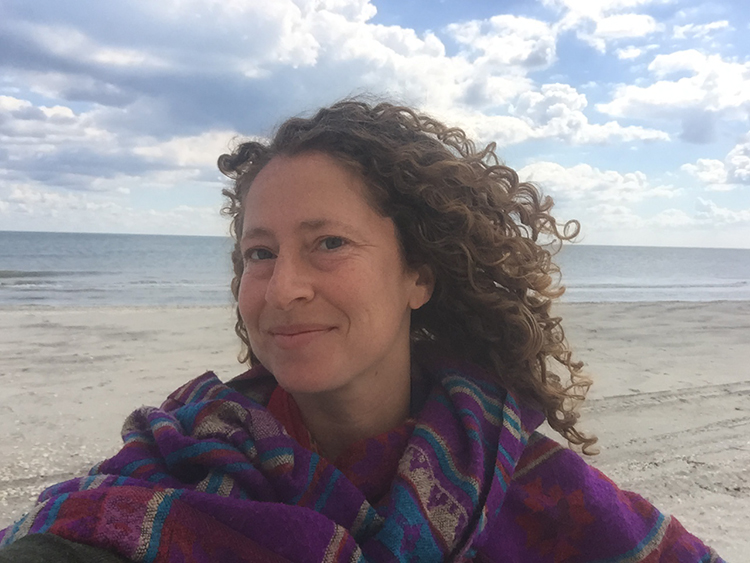In a world awash with plastic trash, the complexity and cost of recycling plastic on an industrial scale remain a challenge, but one innovative enterprise wants to put the power to recycle in the hands of communities.
Precious Plastic has developed a scalable DIY recycling model that reconceives plastic waste as a precious resource. Founded by Dutch inventor Dave Hakkens, Precious Plastic offers an open-source template for constructing micro-plastic factories so people around the world can help clean up local neighborhoods and start their own businesses as plastic crafters. The site has step-by-step videos and technical drawings to guide people through collecting plastic waste, shredding it and refabricating it into useful items.
How big is the plastic garbage problem?
Plastic, predominantly made from oil, never goes away. It is a durable material made to last forever, yet 33 percent of it is used once and discarded. According to the Plastic Pollution Coalition, by 2050, the world’s oceans will contain more plastic than fish by weight. It is estimated that only 9 percent of all plastic ever made has been recycled, and last year China, which had been accepting our recyclable plastic waste, stopped taking it.
Plastic recycling for the people
Hakkens’ disdain for waste drove him to develop the concept for Precious Plastic as a design school graduation project in 2013 and has since grown into a global community of 104,000 people. Hakken developed a set of replicable machines for recycling that can be constructed from basic materials and housed in affordable spaces like shipping containers. The enterprise shares the blueprints on PreciousPlastic.com so they can be downloaded, upgraded and used for free under a Creative Commons license.
The directions and process are straightforward and easy to understand. The machines include a plastic shredder, extruder, injection molder, and rotation molder. All can be built with components that are affordable, and easy to find, repair, replace and customize worldwide.
The website has a map highlighting recycling heroes around the globe working on inspiring experiments, quality eco-effective products, beach rescues and social enterprise projects such as one in Sri Lanka, where local women create products for tourists to buy.
Precious Plastic’s online bazaar showcases the array of products that can be made including phone cases, flowerpots, skateboards, clipboards, art, building supplies, clocks, jewelry and more, all from discarded plastic.
While plastic products continue to be cheaply mass-produced in huge quantities, Precious Plastic’s shareable model is a cultural tool to confront this ecological disaster. Its vast network and evolving site empower us to join a global army aimed at reclaiming waste and changing the way society perceives plastic.
##
Also take a look at how one the island of Zlarin is ditching single-use plastics altogether.









